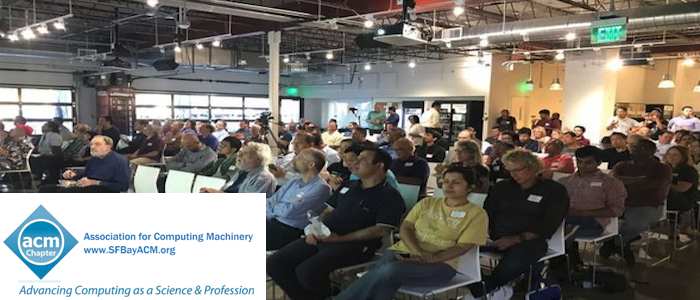

We have witnessed tremendous growth in Artificial intelligence (AI) and machine learning (ML) recently. However, research shows that AI and ML models are often vulnerable to adversarial attacks, and their predictions can be difficult to understand, evaluate and ultimately act upon.
Discovering real-world vulnerabilities of deep neural networks and countermeasures to mitigate such threats has become essential to the successful deployment of AI in security settings. We present the first targeted physical adversarial attack (ShapeShifter) that fools state-of-the-art object detectors; a fast defence that counters adversarial noise by data compression; and interactive systems that further democratize the study of adversarial machine learning and facilitate real-time experimentation for deep learning practitioners.
To amplify people’s ability to interpret AI models, we present scalable interactive visualizations that have provided key leaps of insight, from increased model interpretability (Gamut with Microsoft Research), to model explorability with models trained on millions of instances (ActiVis deployed with Facebook), increased usability for non-experts about state-of-the-art AI (GAN Lab open-sourced with Google Brain), and our latest work Summit, an interactive system that scalably summarizes and visualizes what features a deep learning model has learned and how those features interact to make predictions. We conclude by highlighting the next visual analytics research frontiers in AI.